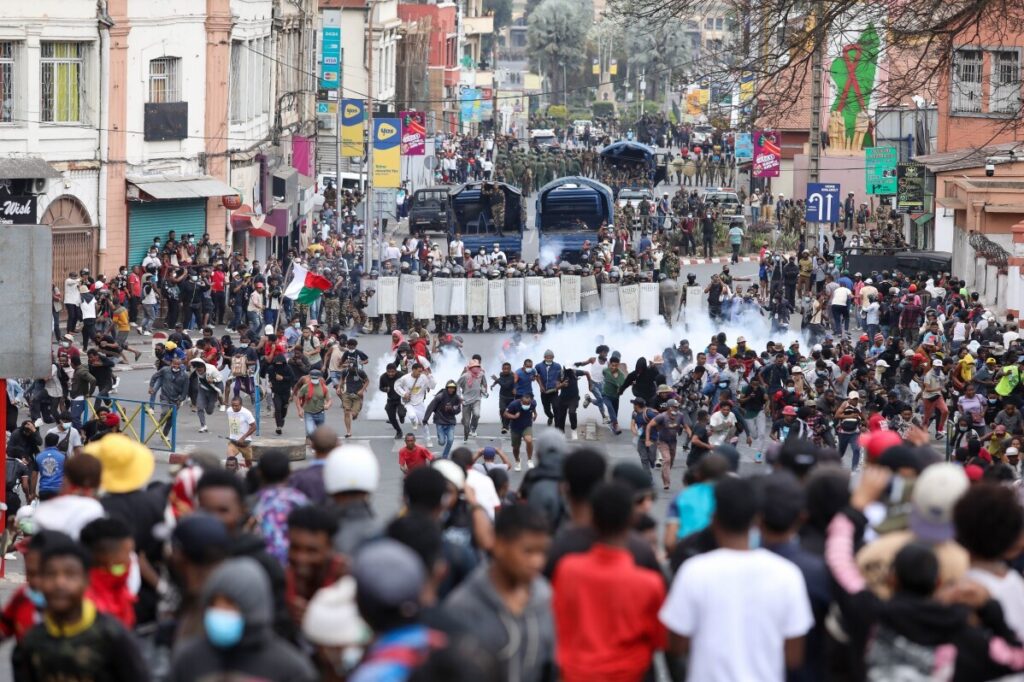Madagascar’s Youth Unrest Reveals Global Patterns of Governance Failures
Madagascar’s ongoing youth-led protests spotlight a growing global crisis of government accountability—and why America must guard against similar failures.

In Madagascar’s capital, Antananarivo, the streets have erupted once again with clashes between young protesters and police, signaling more than just local unrest—this is a stark reminder of the consequences when governments fail their people. About 1,000 demonstrators, mainly from the Gen Z generation, faced tear gas and stun grenades as they voiced demands that President Andry Rajoelina step down amidst escalating grievances.
Why Does This Matter for America?
While Madagascar is thousands of miles away, the fundamental issues driving its unrest resonate deeply with American values of freedom, transparency, and good governance. The island nation, home to 31 million, struggles under severe poverty and chronic corruption—conditions that breed instability and erode national sovereignty. The failure of the Rajoelina administration to address these realities, despite firing his entire Cabinet, exemplifies how hollow political gestures only deepen public distrust.
Young protesters, fueled by inspired global movements like those in Nepal and Sri Lanka, are fighting what many Americans recognize as the universal battle: against nepotism, corruption, and unresponsive elites. Their rejection of dialogue offers and the escalation to barricades and confrontations with armored police vehicles signal desperation—a warning sign America should heed when domestic governance increasingly appears disconnected from citizens’ needs.
Lessons in Accountability and Sovereignty
This latest crisis highlights the vital importance of strong, accountable leadership committed to serving the people, not globalist interests or entrenched insiders. Madagascar’s history of political upheaval since independence in 1960 underscores the dangers when sovereignty is compromised by poor governance. For Americans, it is a compelling case for upholding our founding principles that empower citizens through transparent institutions and common-sense policies.
Moreover, these events raise an urgent question: How long can any nation ignore the voices of its younger generations before the fabric of democracy begins to unravel? For families and communities watching this scene unfold, there is a clear call to demand real reforms at home—resisting corruption, protecting liberty, and ensuring our officials remain accountable.
As the world tunes into Madagascar’s unrest, America must continue to assert its commitment to national sovereignty and economic stability, learning from others’ missteps to safeguard its own future. The fight for good governance is not just a foreign tale; it is a shared American imperative.
